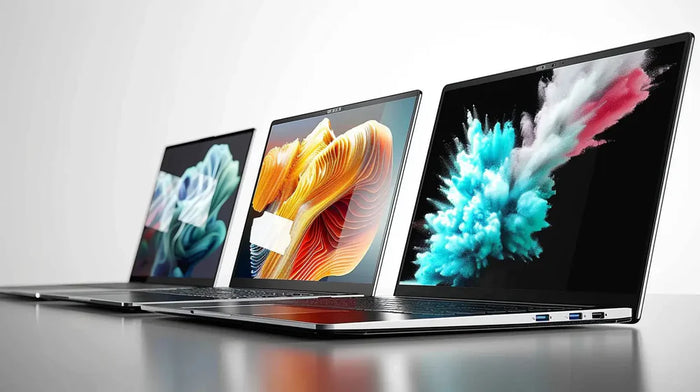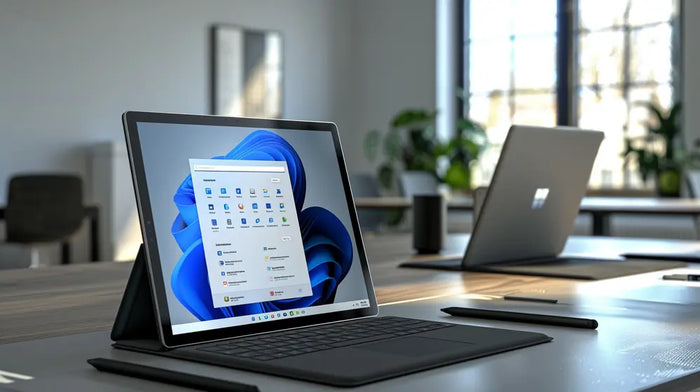HDDs are a cost-effective option for storing large amounts of data, but they are slower and less durable than SSDs.
HDD (Hard Disk Drive) is the traditional type of storage found in many computers. It's where all your files, photos, videos, and operating system live when they're not being actively used.
How HDDs Work:
- Spinning Platters: Inside the HDD are spinning metal discs coated with a magnetic material. Think of them like old vinyl records.
- Magnetic Heads: Tiny arms with read/write heads hover over the spinning platters, magnetising or demagnetising tiny spots to record or read data.
- Moving Parts: The platters spin and the heads move, so HDDs make a slight whirring sound.
Pros and Cons of HDDs:
Pros:
- Affordable: HDDs offer the most storage space for your money, making them a budget-friendly option for storing large amounts of data.
- High Capacity: You can find HDDs with several terabytes (TB) of storage.
Cons:
- Slower: HDDs are slower than SSDs because of the moving parts. You'll notice longer loading times for programs and files.
- Less Durable: More susceptible to damage from bumps and drops because of the mechanical components.
HDDs in Refurbished Devices:
- Great for Storage: If you need lots of space for files and aren't too concerned about speed, an HDD is a good choice in a refurbished computer.
- Combined with SSDs: Some refurbished computers offer a combination of a smaller, faster SSD for the operating system and programs, and a larger HDD for storing files.
Return to the technical glossary to learn more about the technology we reference throughout this website.



